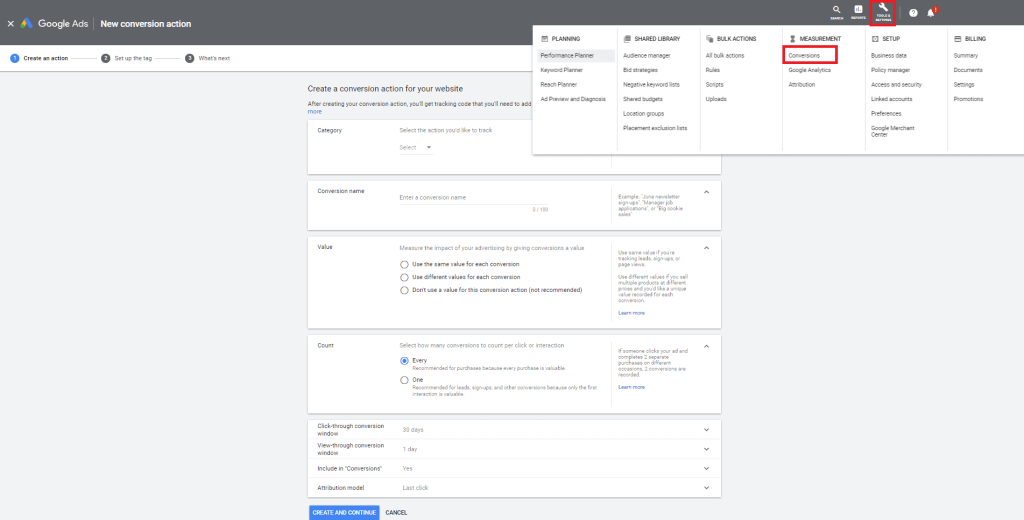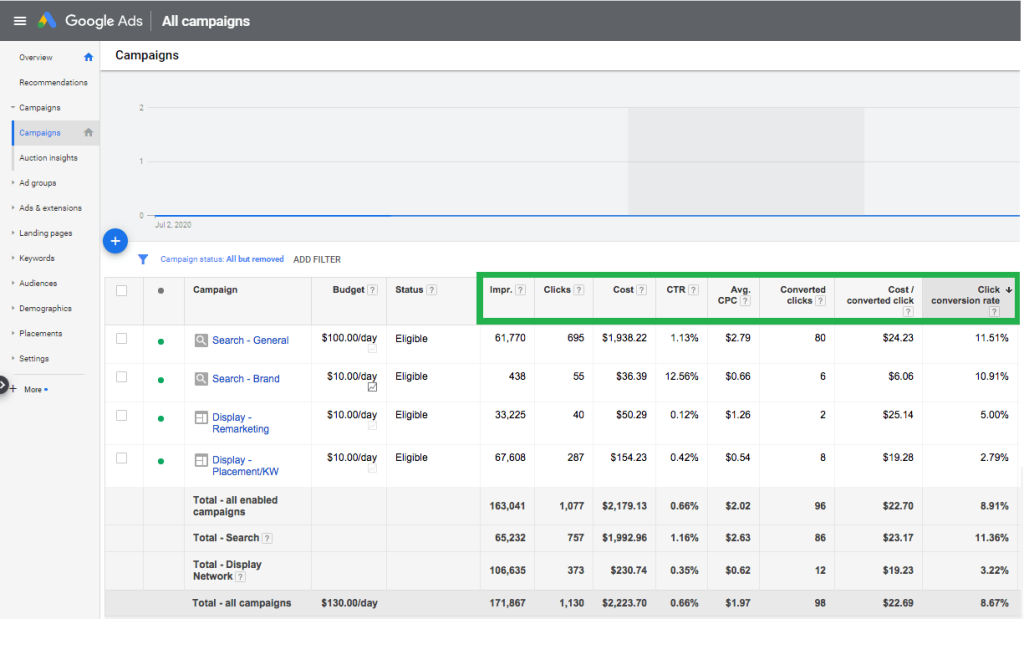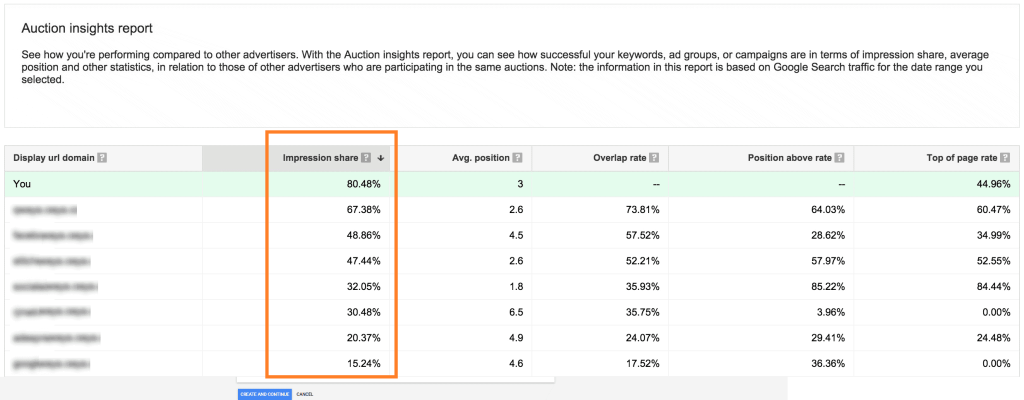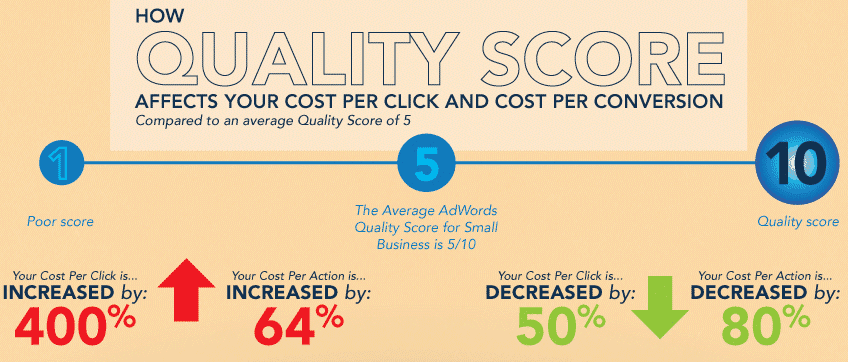Looking for the best PPC metrics to pay attention to when analyzing campaign performance?
Online marketers use digital marketing metrics to measure performance across many different types of campaigns. The widespread availability of marketing data has made it significantly easier for marketers to build and iterate on campaigns to increase profitability and drive campaign success.
Digital marketing metrics are especially useful in the world of PPC advertising, where marketers manage complex advertising funnels with many different moving parts.
If you’re interested in optimizing the performance of your own campaigns, you’ll need to identify opportunities for improvement by analyzing PPC metrics for your advertising campaign. To help you get started, we’ve created this short guide to the best PPC metrics that you should pay attention to.
How Does PPC Advertising Work
Before we can explain which metrics are the most important, we need to create a shared understanding of how PPC campaigns work. In particular, we need to understand each step in the advertising funnel before we can understand the metrics used to describe those steps.
Here’s how the advertising funnel typically works for text ads on the Google Search Network
- Users type a search query or keyword into Google.
- Google keyword auctions determine which ads will be shown as part of the search results and in what order. To participate in the auction, advertisers must be actively bidding for ad spaces for the target search query or keyword.
- The user gets their search results, which include paid advertisements and organic results.
- When a user sees an advertisement, they may choose to click on the advertisement and visit the destination URL or landing page.
- After arriving on the landing page, the user is typically presented with an offer which they may refuse or accept, usually by completing a lead generation form or making a purchase.
Now let’s take a look at the 11 best PPC metrics that you should pay attention to.
11 Best PPC Metrics to Pay Attention to
Conversions
Conversions are one of the most important PPC metrics that digital marketers need to pay attention to when analyzing campaign performance.
Conversions happen when someone accepts an offer on your landing page, usually by making a purchase, registering for a free trial, opting in for an e-mail newsletter, signing up for a webinar, or filling out another type of lead generation form.
Why are conversions so important?
They connect directly to your campaign goals. If you’re not getting enough conversions, your campaign ultimately isn’t doing what you want it to do and it’s time to make changes.

To measure conversions using Google Ads, you’ll need to open the “Tools & Settings” menu, then select “Conversions” under the Measurement sub-menu.
You’ll be prompted to customize a conversion action, then install a conversion tracking tag on your website.
Clicks
Clicks are a PPC metric that quantifies the total number of clicks that your advertisement receives during a given time period.
When users click on your ads, they are transported to your target landing page where you’ll have the opportunity to present them with an offer and convert them into a paying customer or a marketing-qualified lead.
More clicks mean more opportunities to generate conversions, but not all clicks are created equal. Some keywords may be more relevant than others to your target customers, making clicks from ads targeting those keywords even more valuable to your business.
Conversion Rate
The first two PPC metrics on this list quantify the number of times an event (a conversion or a click) takes place within a specified time period.
Conversion rate is a little bit different, however – this PPC metric actually measures how efficiently your landing pages convert visitors (clicks) into paying customers (conversions).

You can calculate the conversion rate for any landing page by taking the total number of conversions produced in a given time period and dividing by the total number of clicks or visits to that landing page within the same period.
Impressions
Ad impressions are another important PPC metric that advertisers should be familiar with.
An impression is counted each time one of your advertisements is displayed on a user’s screen, whether on the search engine results pages or elsewhere in the publisher’s ad distribution network.
Ad impressions on their own don’t cost anything and they can play a positive role in enhancing brand awareness.
Search Impression Share
Search impression share is a PPC metric that can help advertisers quantify their performance against competitors in Google keyword auctions.
Google calculates your search impression share by taking the total number of impressions your advertisements received and dividing that number of the total number of impressions that your ads were eligible to receive.

Advertisers can access impression share data using Google Auction Insights. Advertisers with low impression share may be able to capture impressions by increasing their keyword bids or campaign budget.
Click-Through Rate (CTR)
Click-Through Rate is a PPC metric that quantifies how frequently your ad impressions result in clicks.
You can calculate the CTR for a given advertisement by taking the total number of clicks generated during a specified time period and dividing that by the total number of impressions.
If your advertisement has a low CTR, you can improve it by adjusting the ad copy itself or changing your offer to enhance appeal with target audiences.
Quality Score
Quality Score is a proprietary PPC metric created by Google to estimate the quality of your digital ads, keywords, and landing pages.
Quality Score has been described as a proxy for “Predicted CTR”. It is Google’s ways of predicting how likely it is that an audience member encountering your ad after searching for your target keyword would click through to your landing page.
Ads with high quality scores perform better overall. They get more impressions, a greater impression share, and have a lower cost per click than advertisements with poor quality scores.

Image: This Infographic originally published by WordStream illustrates the impact of quality score improvements on lowering your cost per click and cost per conversion.
Image Source: https://wordstream-files-prod.s3.amazonaws.com/s3fs-public/styles/simple_image/public/images/cost-per-click-discount-for-quality-score1.png?0a.Ikc7KuqOeUcr6rY1SLkcLYl4aRIY0&itok=FnRwuf8r
Average Cost per Click (CPC)
In pay-per-click advertising, every click generated by one of your advertisements comes at a cost.
That cost is quantified using a PPC metric known as cost per click (CPC).
At the campaign level, you can evaluate your average cost per click by taking the total number of clicks generated across all advertisements and keywords, then dividing that by the total cost of all clicks. Understanding your average CPC is important for evaluating campaign profitability.
Average Cost per Acquisition (CPA)
Average cost per acquisition is a PPC metric that quantifies the total cost of generating a single conversion through your digital advertising campaign.
A conversion can be defined however you choose, but should reflect your campaign goals (generating sales, gathering leads, or increasing brand awareness, for example).
Average CPA can be calculated by taking the total number of conversions generated by your campaign and dividing by the total cost of all clicks.
Return on Ad Spend (ROAS)
ROAS is the ultimate metric for evaluating campaign success.
To calculate your ROAS, you will need to calculate the total dollar value of all conversions generated by your campaign. Take your total campaign revenue and divide it by the total cost of all clicks to find your campaign ROAS.
If your campaign generates leads instead of sales, you will need to attach a dollar value to individual leads in order to calculate ROAS.
Summary
Thanks for checking out our list of the 11 most important PPC metrics you should pay attention to.
By focusing on these metrics when analyzing your ad campaigns, you’ll be able to identify the cause of performance issues and introduce optimization techniques to enhance your digital advertising results.
-
 CEO
Garrett Mehrguth
CEO
Garrett Mehrguth
Did you enjoy this article?
Share it with someone!
